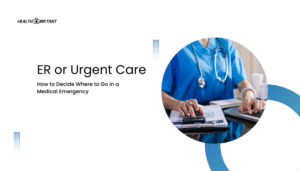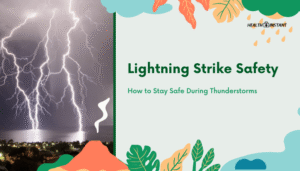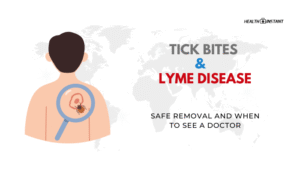Emergency Vaccination Drives: How Rapid Mass Vaccination Works (Polio Campaigns, etc.)
Introduction During disease outbreaks or when preventing resurgence of eliminated illnesses, emergency vaccination drives quickly mobilize to protect large populations. From polio campaigns that reach millions of children in days, to urgent measles immunizations in crisis zones, these operations showcase...
Read MoreMass Shooting First Aid: Army Lessons for Civilians (Stop the Bleed, etc.)
Introduction Mass shootings strike rapidly and often end before professional help arrives. In such high-risk events, the immediate steps of bystanders—particularly controlling bleeding—can determine whether victims survive. While advanced trauma care is best left to EMS or combat medics, the...
Read MoreFood Safety During Power Outage: What to Throw Out When the Fridge Goes Warm
Introduction A power outage can quickly turn your refrigerator into a warmer environment that fosters bacterial growth. As the hours pass without power, perishable foods approach the “danger zone” of 40°F (4°C) or higher, risking spoilage or foodborne illness. Knowing...
Read MoreHospital Go-Bag: What to Pack in Case of an Unexpected Emergency Stay
Introduction An unexpected hospital stay can create anxiety for patients and their families. Preparing a hospital go-bag in advance can ease stress, save time, and provide comfort during urgent situations. This bag includes important documents, personal items, and items for...
Read MoreMedical Emergency Apps: Using Tech to Get Help Fast When Every Second Counts
Introduction An urgent medical crisis can occur at any time—whether you are out for a jog, visiting a relative, or resting at home. In a dire moment, even a few seconds may influence survival. Modern smartphones and digital tools now...
Read MoreWhen to Call an Ambulance: Knowing When You Need EMTs vs Driving Yourself
Introduction Emergencies can happen without warning. In such moments, deciding whether to call an ambulance or drive yourself (or a loved one) to the hospital can feel overwhelming. Calling an ambulance means rapid help from Emergency Medical Technicians (EMTs) who...
Read MoreER or Urgent Care: How to Decide Where to Go in a Medical Emergency
Introduction Every second counts in medical situations. However, not all health problems require a trip to the Emergency Room (ER). Urgent care clinics treat a wide variety of non-life-threatening issues, offering quicker access and lower costs for many conditions. Deciding...
Read MoreAir Quality Index (AQI) Basics: Understanding Alerts and Protecting Your Health
Introduction Air pollution is a persistent public health concern in many regions. The Air Quality Index (AQI) offers a simple way to interpret levels of pollutants and understand what these levels mean for your health. By monitoring AQI values, you...
Read MoreLightning Strike Safety: How to Stay Safe During Thunderstorms
Introduction Thunderstorms can be mesmerizing, but they’re also dangerous when accompanied by lightning. A single bolt can carry millions of volts, presenting significant risk to anyone caught in its path. This guide details how lightning works, why it’s so hazardous,...
Read MoreTick Bites and Lyme Disease: Safe Removal and When to See a Doctor
Introduction Outdoor adventures in wooded or grassy areas can come with a hidden threat: ticks. These small, blood-sucking arachnids occasionally carry illnesses like Lyme disease, which can have serious long-term impacts if untreated. Prompt, correct removal of attached ticks lowers...
Read More







